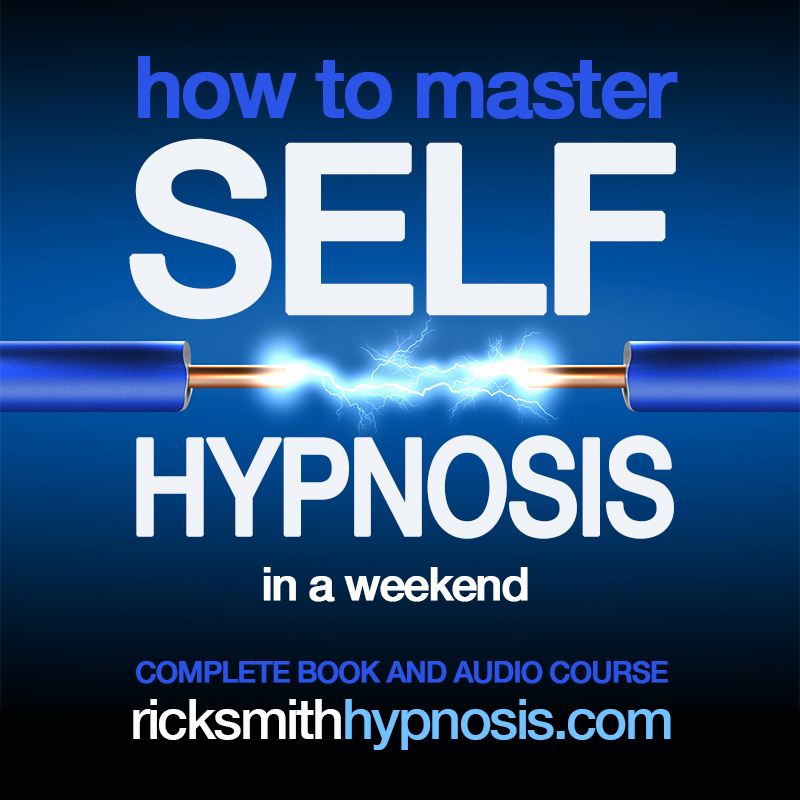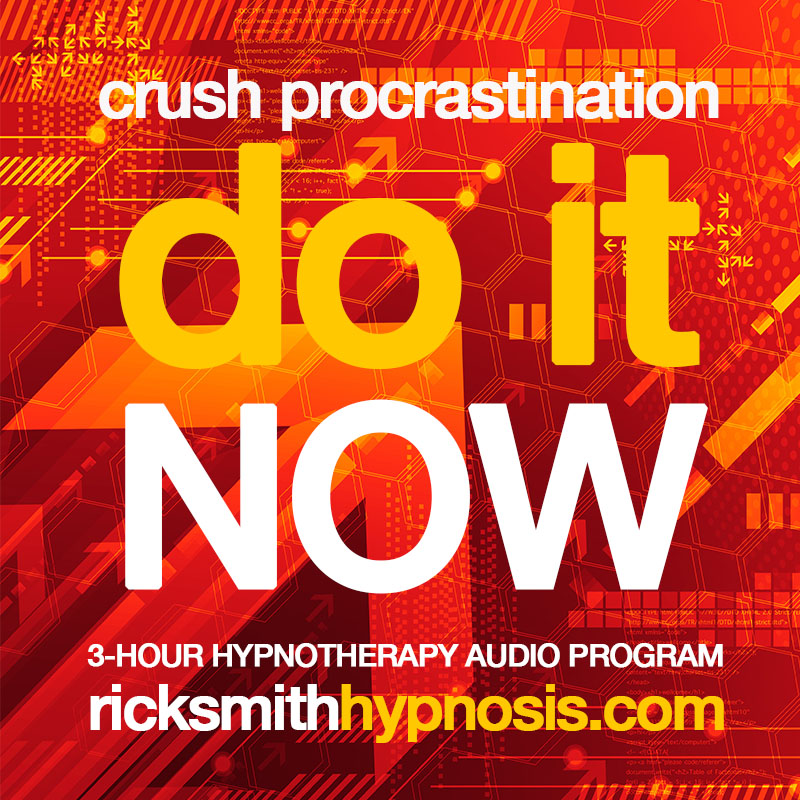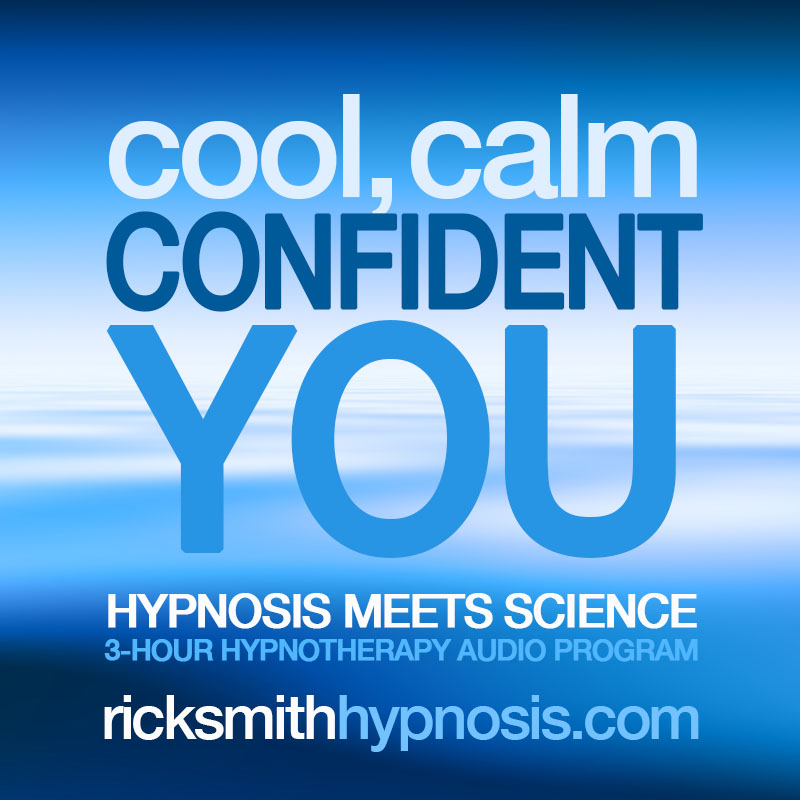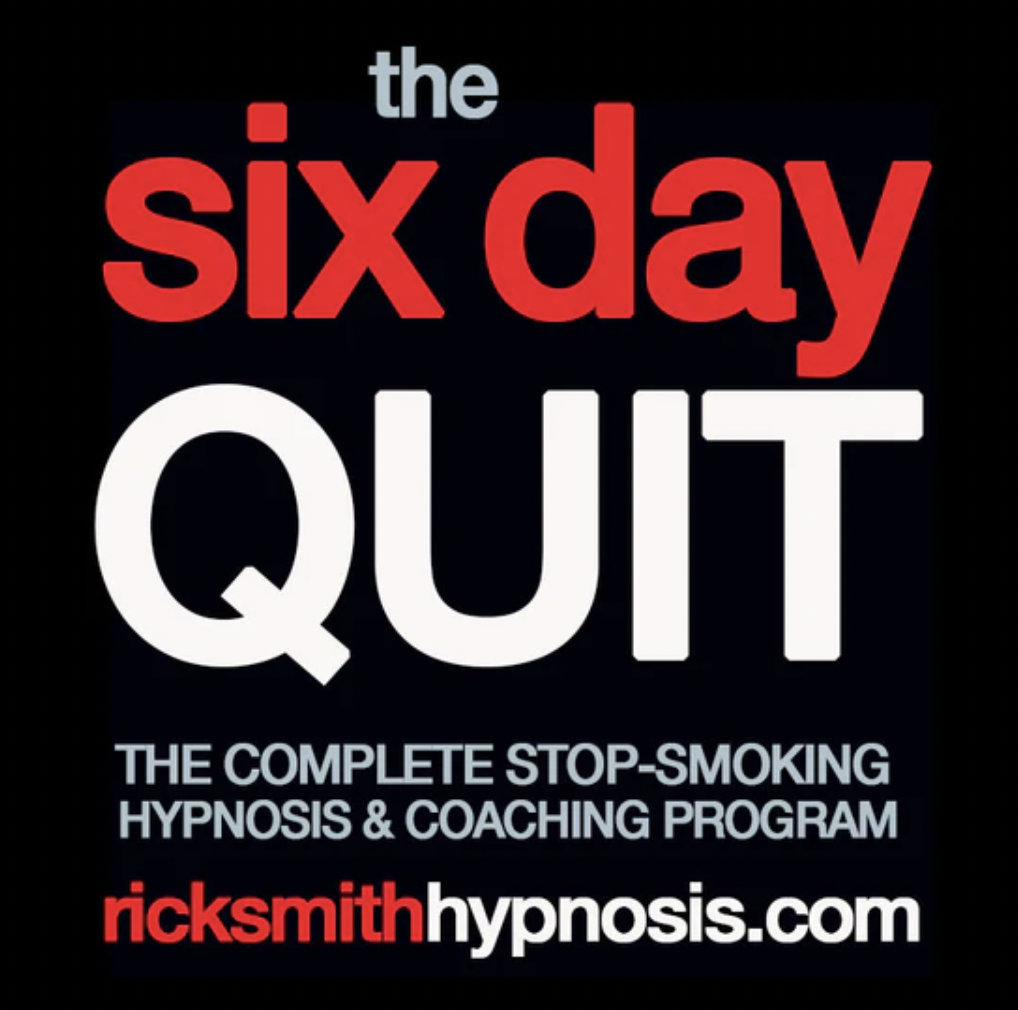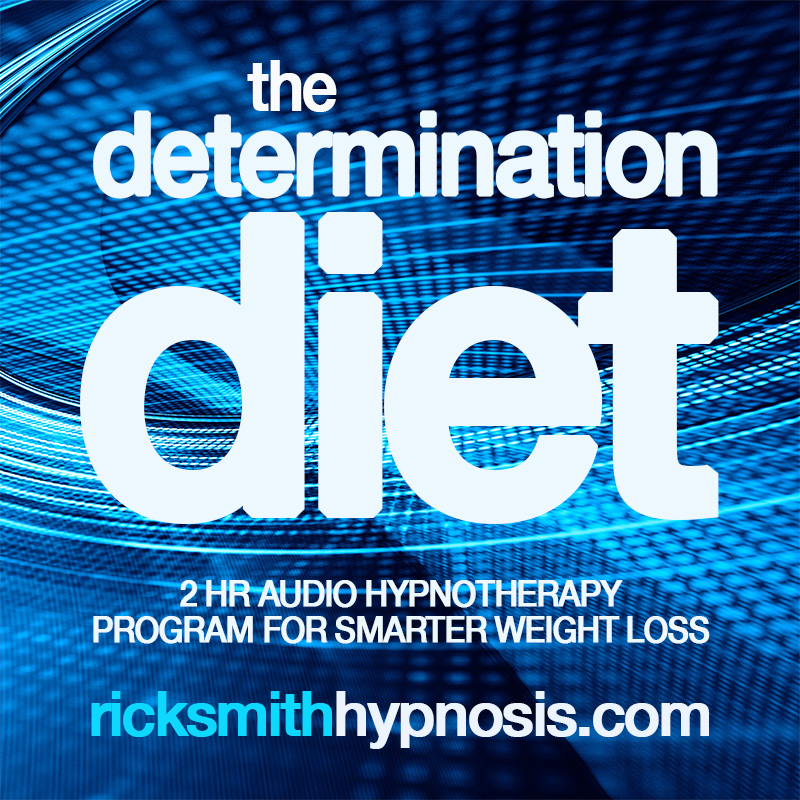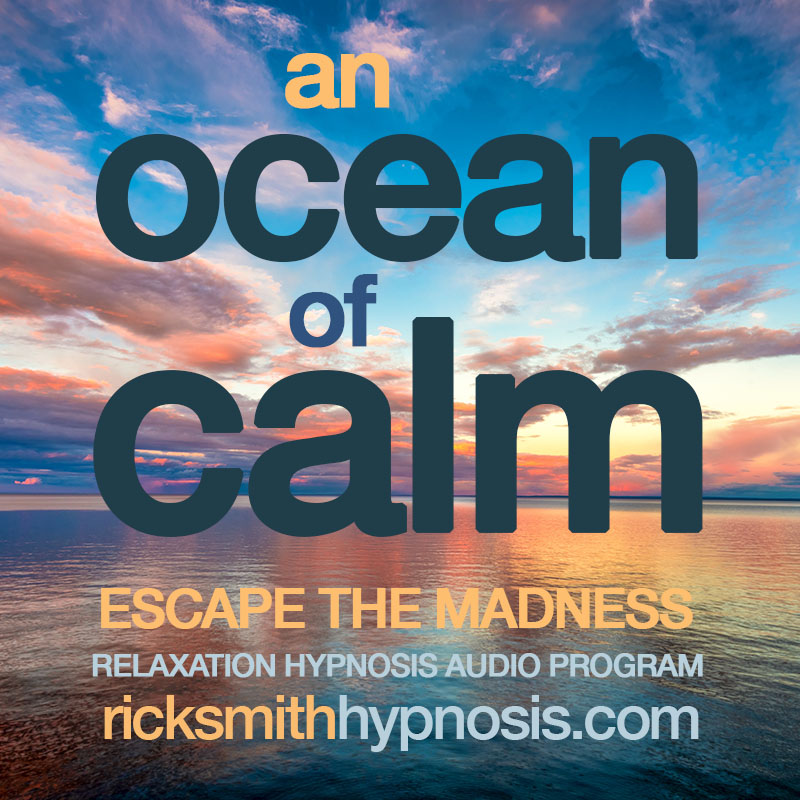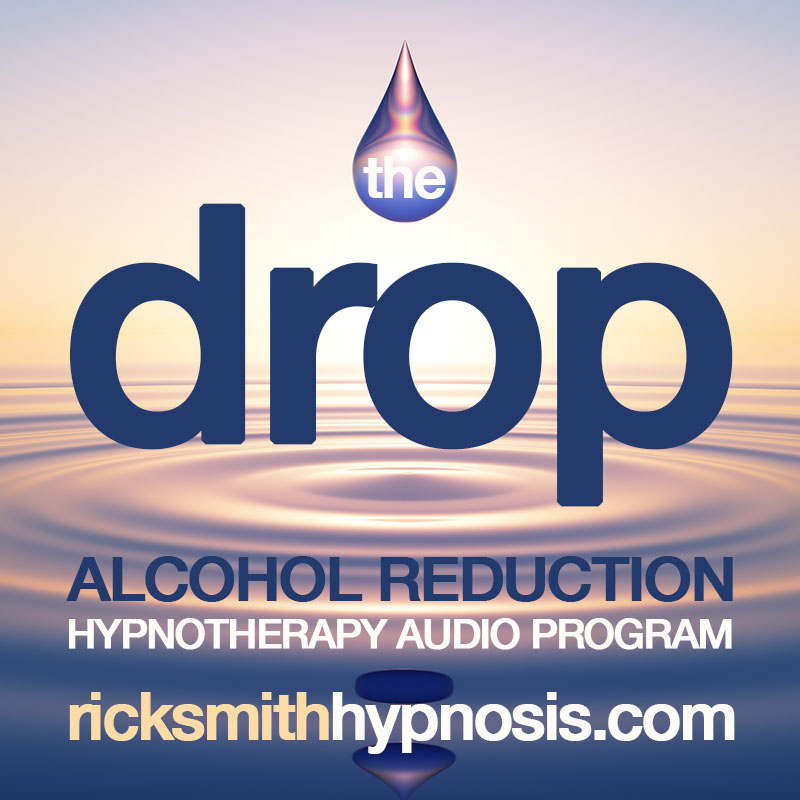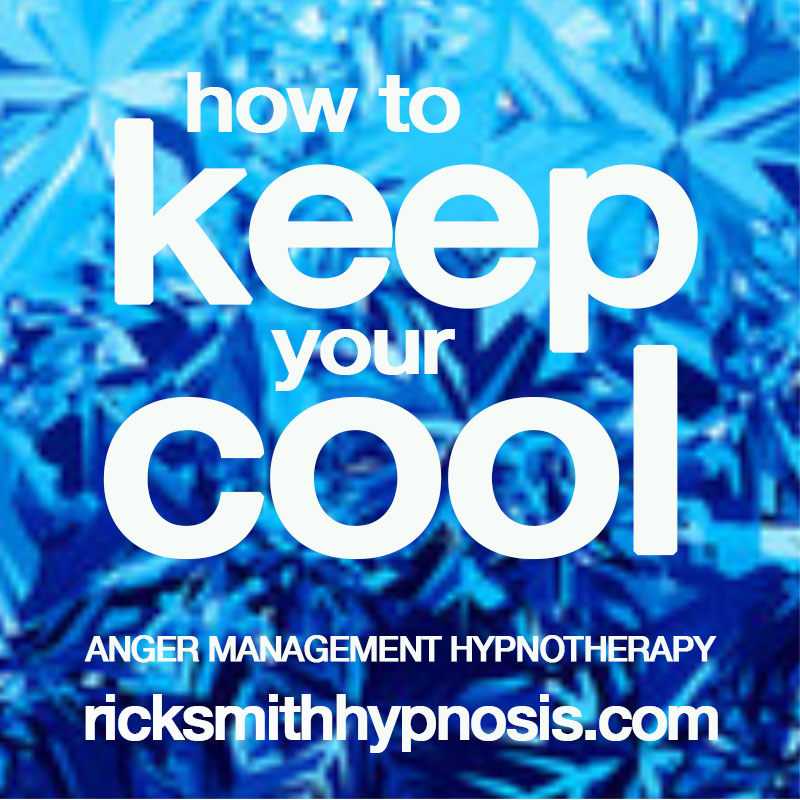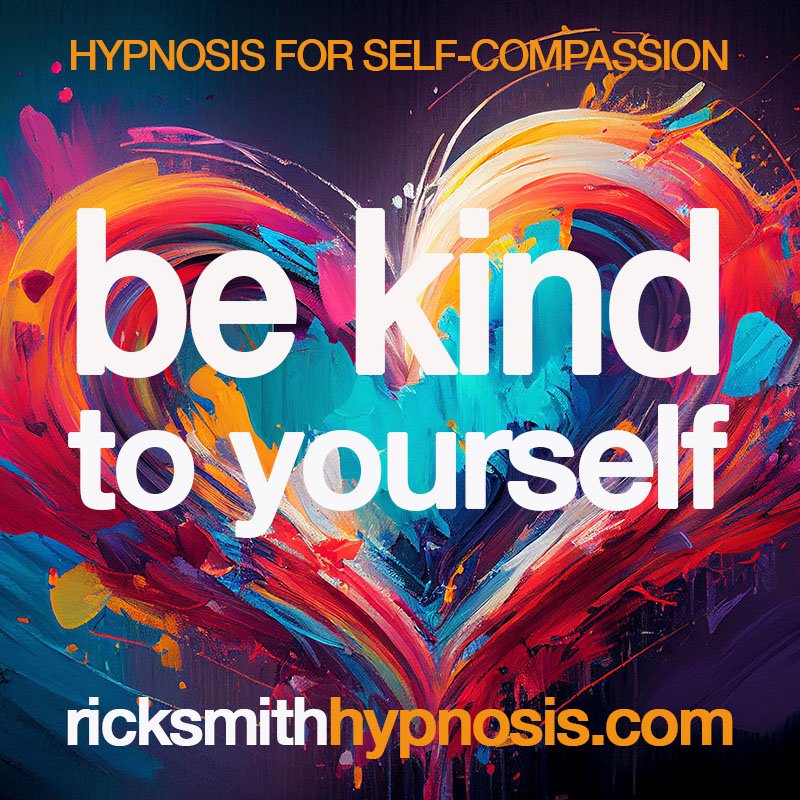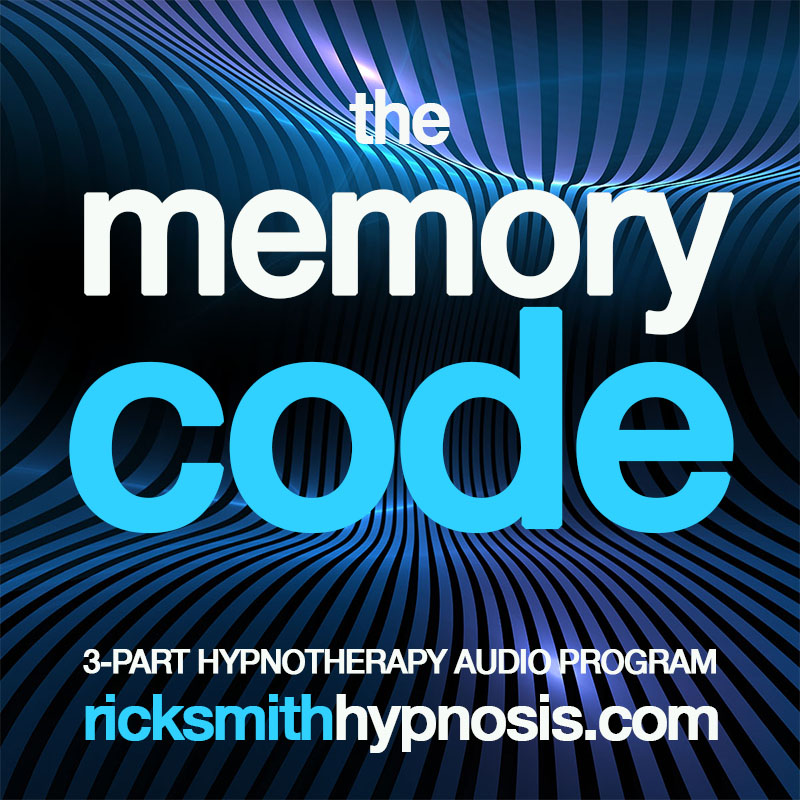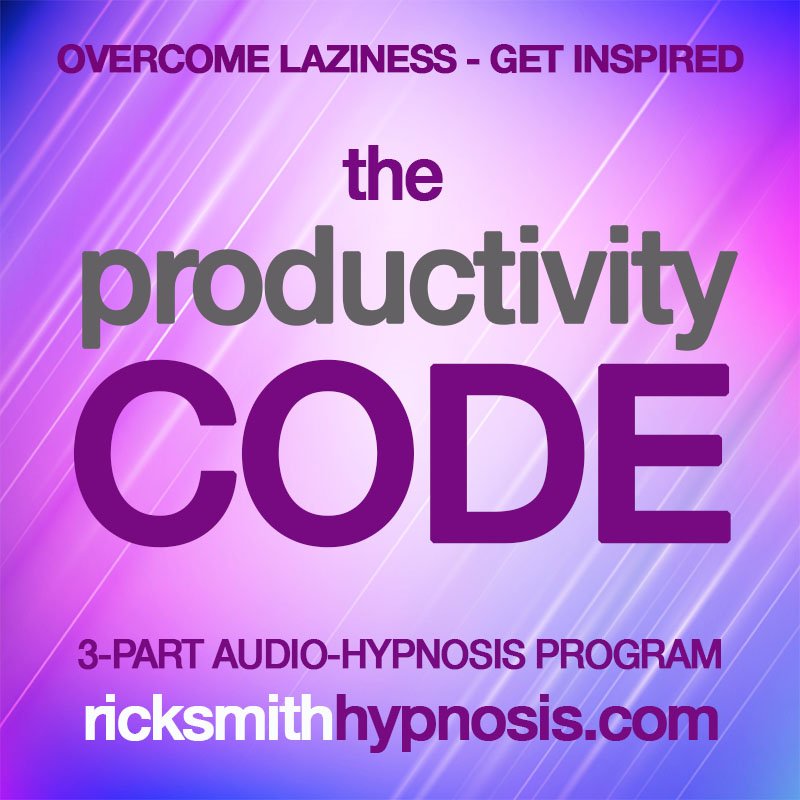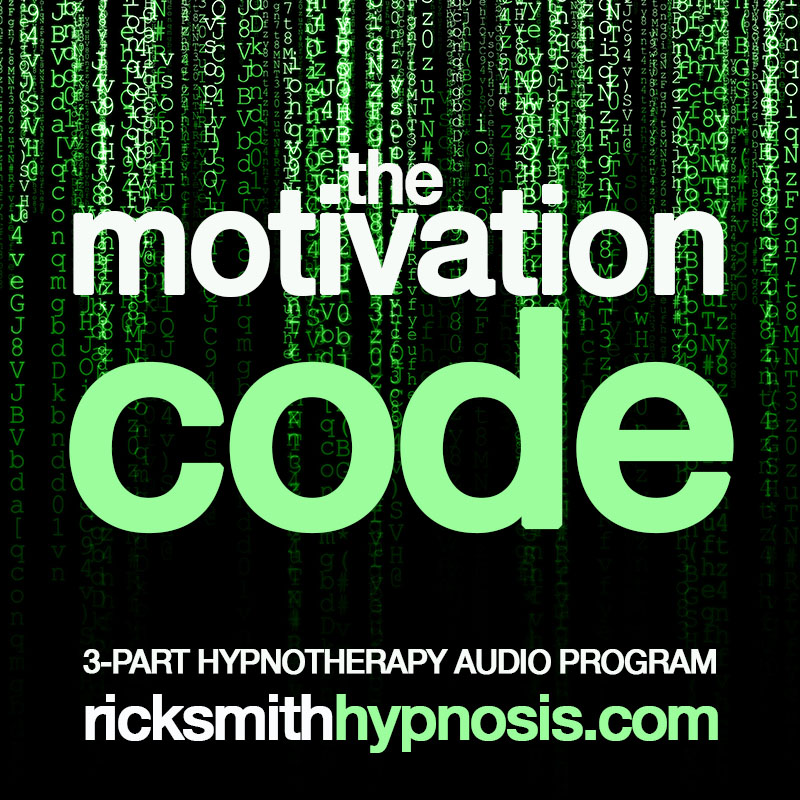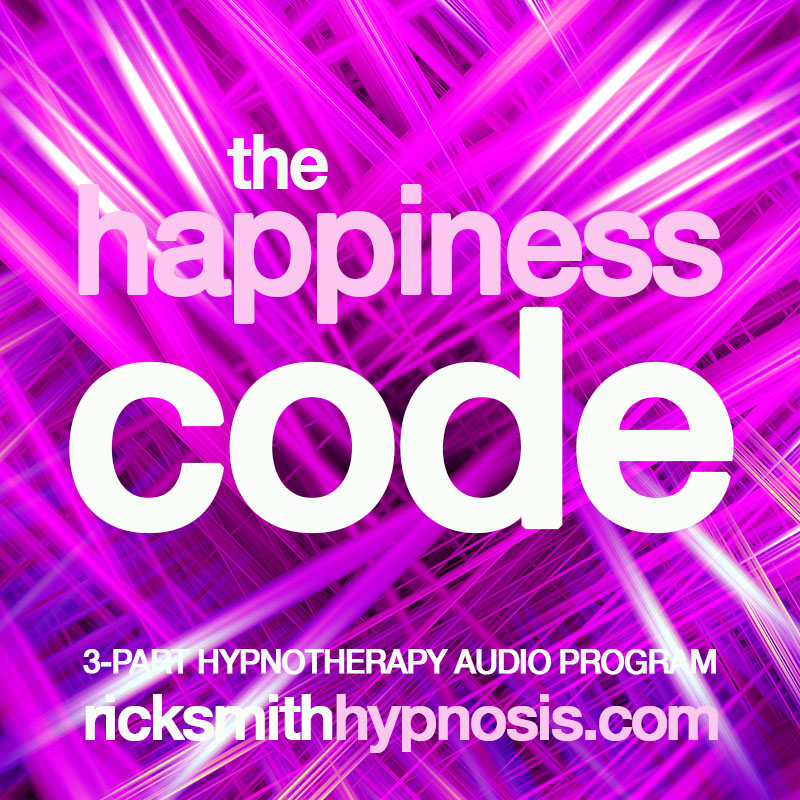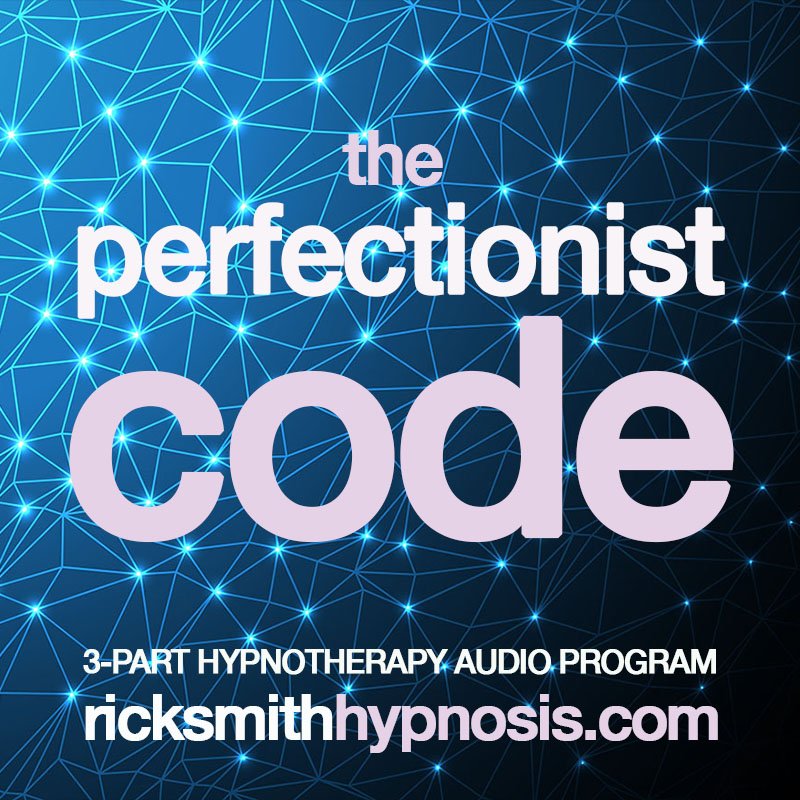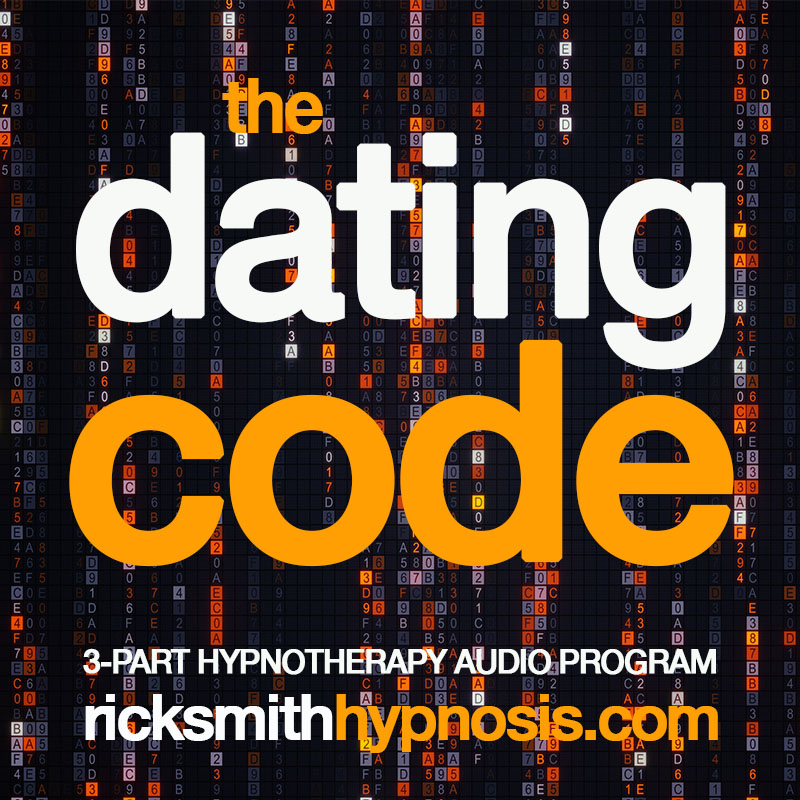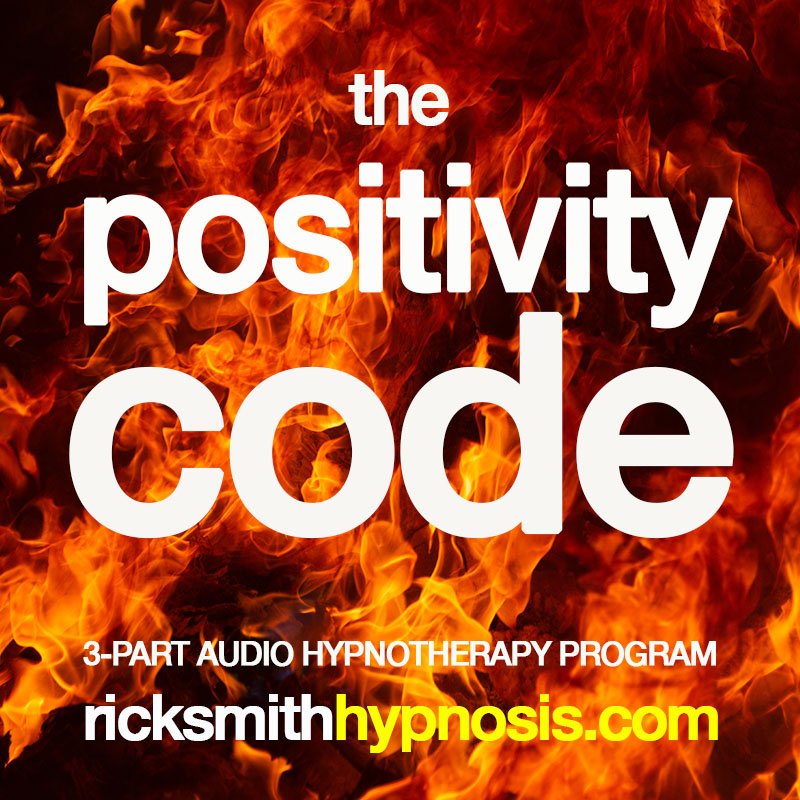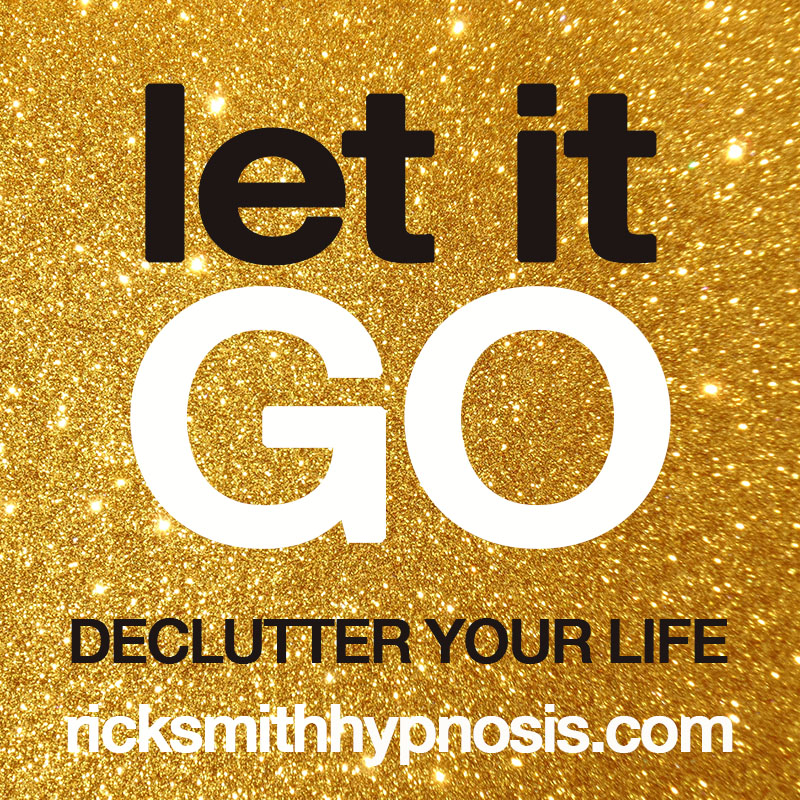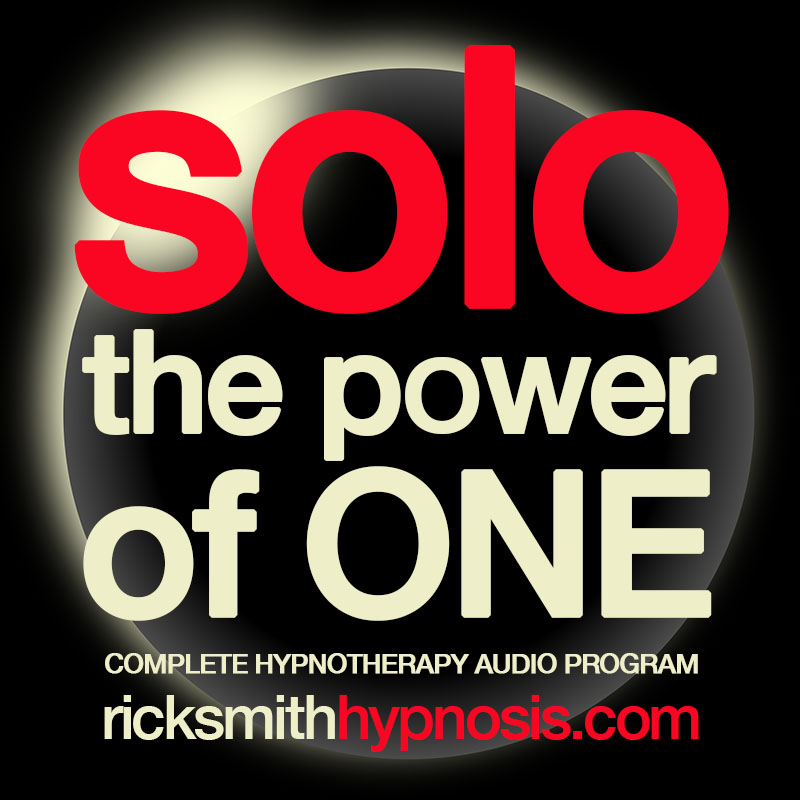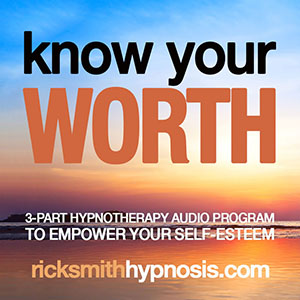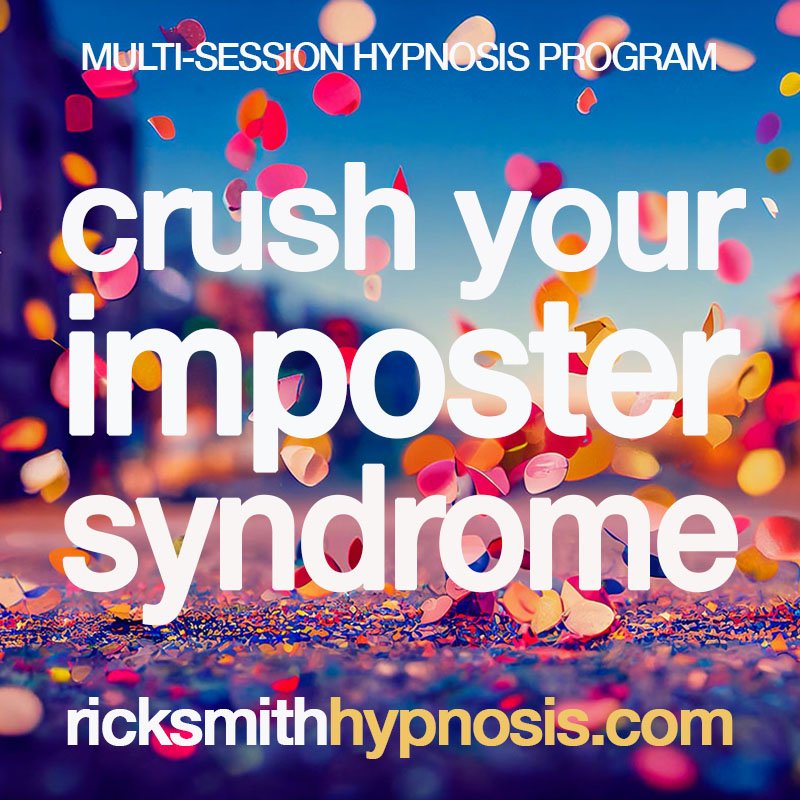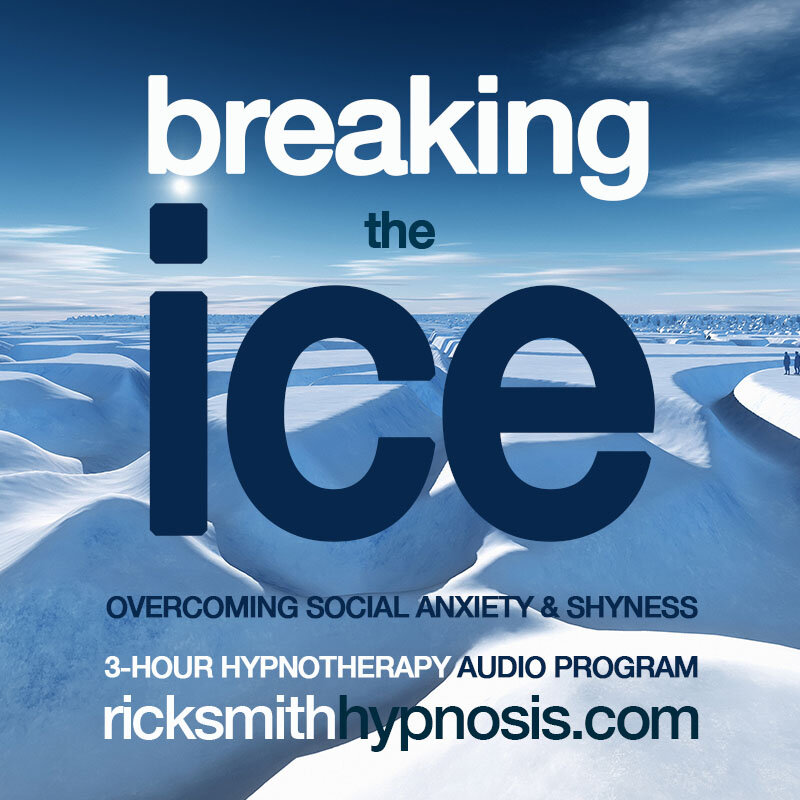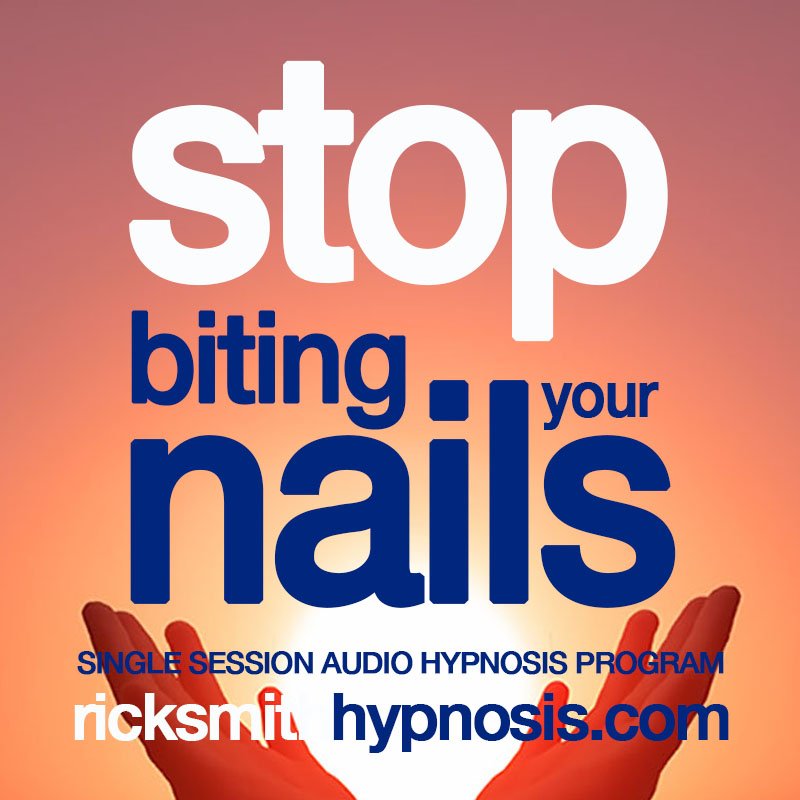Before we start getting inside your head, there are some really simple things you can do to prepare for better sleep. Later on, we’ll be discussing a big subject called Sleep Hygiene, which is all about your situation and environment. For now, I’d like to draw your attention to some obvious candidates for the chop.
Even if none of these - on their own - provide a total solution, if they’re habits you have, your route to normal sleep will be considerably smoother if you pay attention to them.
Sometimes, it's the little things, rolled up together, that make the most significant difference. Ask any athlete about the principle of Marginal Gains.
Stimulants
This is the best place to begin, because a significant percentage of sleep problems can be solved or reduced by eliminating artificial stimulants from your daily routine.
“I already know this!” I hear you reply. Well, yes, I’m sure you do, but are you actually applying the science?
Coffee & Tea
Coffee is obviously going to be our first stop. Everyone understands that coffee contains caffeine. Caffeine is a powerful (really powerful) stimulant with a very long half-life; it takes around six hours for the caffeine from each cup you drink to reduce by half.
However – and you’ll know this if you are sensitive to caffeine – the full effects can take much longer to clear, especially if you overdo the coffee during the day.
It’s as simple as this; if you drink a lot of coffee (say, more than three cups a day) and you have insomnia, there’s almost certainly a link. Sure, there are some people who claim that it doesn’t affect their sleep, but we don’t know what other things they may be using to aid their sleep.
If you are one of these fortunate people – I say ‘fortunate' because this is easy to fix – who drinks coffee and suffers from sleeplessness, the first experiment we're going to try is to cut out coffee entirely for a few days and see if it makes a difference. Sounds simple, sounds obvious, but not everyone makes the connection.
The problem with stimulants is that they prevent your metabolism from slowing down when it’s time to sleep. Coffee is particularly dangerous, because the caffeine hangs around in your system for a long time. Even if you stop drinking coffee at (say) lunchtime, if you’ve had enough caffeine, the effects may still be stimulating you by midnight, exactly when you want it gone.
During the day, your brain builds up levels of Adenosine, which we can call the ‘sleep chemical'. You're designed for this chemical to peak around bed-time. The more adenosine in your brain, the greater your inclination to fall asleep. Once you do, the adenosine dissipates overnight, and the cycle restarts, once you wake up again. Unfortunately, caffeine suppresses the effect of adenosine, often for many hours.
During the day, you might experience a tiredness ‘crash’ once the caffeine leaves your system and the adenosine effect is properly felt. But if there’s still caffeine in your system at bedtime - when your adenosine levels should be telling you to sleep - you’ve temporarily damaged the system, and you’re still wide awake.
So, before you go any further, try a few days without coffee. Sure, it might be challenging, because you’ve built up a dependence on caffeine to kick-start you in the morning, but it’s not a huge sacrifice. Be aware that decaf isn’t really caffeine-free, but at least it’s lower, usually by 60-75%.
Tea is better, by about half in the case of black tea. Green tea is better still, reducing the caffeine-per-cup to around one third that of coffee. Another advantage of tea is that it acts as a hydration agent, no different to drinking water, which is another good thing that can help with sleep issues. You might think that coffee, because it’s made from mostly water, would be the same, but it isn’t. Coffee has a diuretic effect, which means it causes the body to expel fluid faster than usual, and can lead to dehydration, so the water in coffee is a lot less useful than the water in tea.
So tea (especially green tea) will greatly reduce the level of stimulants in your system. If you're completely committed, and you want to banish caffeine entirely, try Rooibos Tea. It's made from the redbush plant, grown in South Africa, and is easily and cheaply available in most supermarkets across the world, in either black or green varieties. Rooibos is also packed with minerals and anti-oxidants, and it’s often included in superfoods lists. It tastes a little different to conventional tea, but it’s delicious, and you can take it with milk or lemon, just as you would with conventional tea. I don’t drink it all the time, but I still seem to go through a lot of it each week!
Energy Drinks
The best-known energy drink – the one that Gives You Wings – contains about the same amount of caffeine as a cup of coffee. That’s the point of it. Cola drinks are similar. Both also include a significant amount of refined sugar.
Energy drinks often also contain taurine, which is one of the amino acids that contribute to our overall cellular health. According to the limited amount of scientific research on the subject, taurine can have a calming effect on caffeine, so maybe there's a bit of an offset between the two, but it's not enough to counteract the caffeine effect, especially if you drink the stuff late in the day.
But, oh the sugar! Science is split on whether sugar is a stimulant or a sedative, but if you consider that sugar’s primary role is to deliver glucose to your muscles, and if your muscles aren’t working, the glucose reacts with insulin and gets stored as fat. Glucose is often used for a quick energy-jolt, so it should be obvious why it’s not conducive to good sleep.
So, energy drinks, cola, and anything else with caffeine and/or high sugar content, need to be eliminated from your afternoon and evening routine. There is nothing in a can of CokeTM or even Diet CokeTM that will help you sleep.
Try eliminating these obvious stimulants from your daily routine first of all. Please don’t ignore this; you can try everything else in the book to solve your sleep issues, but if you’re still swallowing caffeine and sugar, you’re going to be fighting an uphill battle.
Often my clients are in denial about this. It’s illogical, since most of them are in my chair to fix their insomnia, but flatly refuse to acknowledge the role of coffee in their issues. Others say; “I couldn’t function without coffee!” Well, guess what, you’re wrong! You’ll feel a lot better after a good night’s sleep than you will by pumping yourself up with espresso in the morning.
While there may be some incremental health benefits to drinking coffee in moderation, none of these come anywhere near the threats to your health caused by poor sleep, so make a deal with yourself, and try it for a week, while we're working through the other interventions in this book.
Smoking and Nicotine
Smoking is another stealth stimulant that can severely impact your sleep quality. I won't bore you with the standard sermon about tobacco and health; if you're keen to attack your smoking habit (should you have one) there's another book in the series that will help you with that.
But smoking in the context of sleep is a very bad thing, and here are just a few of the reasons:
• Contrary to most smokers’ belief that nicotine relaxes them, it is actually a stimulant. Luckily, it has a very short effect, and is out of your system within a few minutes, which unfortunately creates a dependency which has you back there again half an hour later, chasing the feeling.
The reasons why smokers believe that smoking relaxes them are twofold;
• Firstly, in many cases, it necessitates a break from whatever you’re doing at the time, so smokers tend to lean on smoke breaks as a time to relax. This creates the false belief that it’s the smoking which relaxes you, rather than the change of environment. Once you understand this, you can use behavioral change to eliminate this counterintuitive dogma.
• But there is another, more powerful reason why people think smoking relaxes them.
The action of inhaling, holding, and exhaling cigarette smoke mimics the action of ‘deep breathing’, which most people rarely do in their normal lives. And deep breathing, as you may already know, is one of the primary techniques for stress management, by subconsciously managing the amount and duration of adrenaline, noradrenaline, and cortisol, the stress chemicals, released into your bloodstream. Because of the short duration of the effects, this stimulation/relaxation cycle requires constant repetition, so creates a dependence - even an addiction - not only to the substances, but also the habit, which can be hard to break.
I’m not advocating you think about quitting right now, because that’s more involved than just stopping. However, the strategy I recommend is that you set a cut-off time for smoking, about two hours before you go to bed. One good trick to help you do this, and also to reduce the possibility of you eating the wrong things late at night, is to go wash your hands and brush your teeth at this time. If you’re clean and fresh, and you apply some minor willpower, you won’t eat, drink, or smoke once you’ve cleaned yourself. That’s part of our ‘sleep hygiene’ routine, which we’ll deal with shortly.
On the subject of willpower, I simply offer this: you have the personal resources to resist temptation, and none of these substances is seriously addictive, so just pull yourself together and do it. We're only talking about a few hours in the case of tobacco, or a few days in the case of caffeine. If you can't manage that, we may be wasting each others' time.
In summary, stimulants are a total no-no when you’re trying to get on top of your sleep issues. For the purpose of these interventions, please cut out stimulants until we figure out if you're susceptible. Once we've established a reliable and satisfactory sleep routine for you, it may be appropriate to start reintroducing coffee (the most prominent culprit) in the mornings, and see if your system can still handle it.
Personally, I like three or four cups of coffee in the morning, especially on work days when I want to get straight into my task list. But I stop at 1 pm (lunchtime) and switch to green tea in the afternoon, which I can happily chug five or six mugs by dinner time. Then I stop drinking liquids entirely – apart from a few sips of water if my mouth is dry – until the following morning.
Of course, this doesn't work if you're going to the pub at night. However, we'll talk about alcohol, and the sleep benefits of mild dehydration, next.
Alcohol
The next culprit that regularly shows up in sleep issues is alcohol.
Once again, popular belief is that alcohol helps you sleep, which is fundamentally incorrect. Alcohol may well help you become unconscious, but if you’re waking up in the night, or too early in the morning, it's probably the drinks you had the night before. Alcohol is just not conducive to good sleep.
In fact, because alcohol is a powerful sedative which acts on different areas of the brain – most notably memory retention – it doesn’t really send you to sleep at all. Alcohol acts more like an anaesthetic, and the natural sleep phases are completely disrupted.
• Alcohol crashes your sleep cycle, causing you to spend less time in NREM sleep, the restful and recharging phase. You may sleep, but it isn’t good quality sleep, which partly explains your hangover.
• Alcohol also gets you up to pee at night, and that also disrupts your natural sleep cycle.
• Alcohol causes overload on your internal organs, particularly your liver and kidneys, to process the toxins and flush them from your body. So while you should be regenerating your cells, you're actually overdriving many of the essential ones.
There are plenty more reasons to avoid alcohol if you have sleep problems. The simple truth is that you have to try going without, if it could be affecting you. If you can’t do this, any other insomnia intervention is doomed to fail, eventually.
Drugs
If you’re using legitimately prescribed pharmaceuticals, your physician should have explained any potential side-effects, such as sleeplessness. I am not a licensed medical practitioner, so I am not going any further into meds. Please ask your doctor.
If you’re using off-label pharma, such as Modafinil, you should familiarize yourself with the side effects, online.
Aware as I am that many of my readers will be in places where cannabis has been legalized, I think you know how weed works. It seems that it's mostly all good in the sleep department.
You probably won't remember your dreams. However, you will spend more time in NREM sleep, where the deep restorative processes happen. Even so, it’s probably not something you’d want to become dependent on for sleep, or anything else.
Amphetamines, cocaine, MDMA etc. are all super-stimulants, and will necessarily affect your sleep patterns. If you use these, you know this. Enough said.
At the other end of the scale are sleep medications such as benzodiazepines, immovane, etc. With the pressure on healthcare these days, it’s not that hard to get a doctor to prescribe sleeping pills, often without any discussion about the causes or alternatives. In the USA, there’s some pretty powerful stuff available over the counter!
One of the problems associated with these drugs is this; even if you no longer have a sleep problem (most are transitory) you may develop a psychological dependence on them; you don't believe you can sleep without them, so when you try, the anxiety keeps you awake. If you're on prescription sleeping tablets, and you want to stop while you try this course, speak to your doctor about perhaps tapering your dosage.
In this context, let's assume that you're trying to fix your sleep issues without resorting to pharmaceuticals, or you've decided to stop taking them while you try something new.
In summary, our approach to your sleep issues is designed to work best in a clean environment, where stimulants, alcohol, and drugs are absent. We’re going to be working on your mind; it’s a tough battle if you’re body is resisting because of some unwanted chemical effect.


